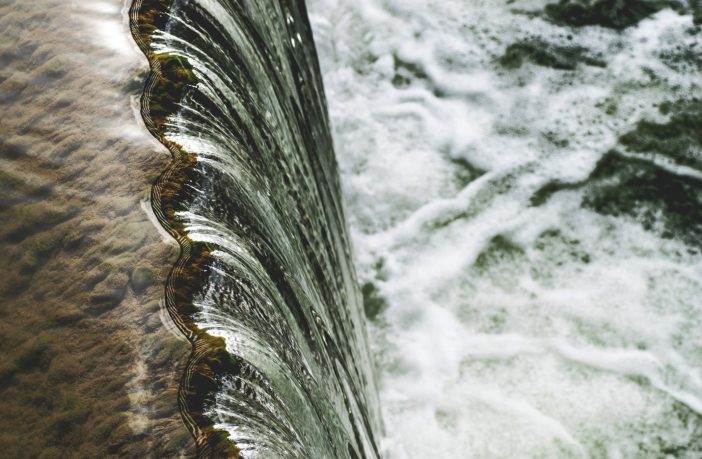- The government of the Democratic Republic of Congo has announced a consortium of Chinese and European developers will construct the Inga 3 hydroelectric dam.
- The new revised plan will see power output increased from 5 to 11 Gigawatts.
- Fundamental project flaws remain: the risks of cost overruns, delays, cross-country grid transmission challenges, and overlooked environmental and social costs.
The government of the Democratic Republic of Congo (DRC) has announced a $14 billion joint and exclusive development agreement with a consortium of Chinese and European developers to construct the Inga 3 hydroelectric dam.
The Chinese consortium is led by China Three Gorges, alongside a European consortium, led by Actividades de Construcción y Servicios (ACS) of Spain.
This announcement follows years of delay for a controversial project that has collapsed and been revived repeatedly over the last decade.
The approved construction bids were submitted more than 18 months ago, and the DRC government recently announced that it had relayed the responsibility of securing funds to the Chinese and European companies.
The DRC has struggled to mobilise the required financing for what would be among the largest single investments on the continent in one of Africa’s riskiest countries to invest.
Earlier designs of the Inga 3 hydroelectric project, set to generate nearly 5GW in installed capacity, have already been subject to multiple revisions.
The project proponents recently suggested further revisions to the project design to produce up to 11GW of power, which would require significant additional infusions of capital for engineering redesigns, project feasibility studies and mitigation measures.
The new suite of required studies for the proposed redesign would significantly increase the project’s costs and financial risks.
The adverse impacts of the project would correspondingly increase, threatening to degrade the important ecosystems of the lower Congo basin, displace more than ten thousand people, and still not bridge the energy poverty gap experienced by millions of Congolese not connected to the national grid.
While the Inga 3 project has emerged every few years with a different design and set of developers, its fundamental flaws remain: the risks of cost overruns, delays, cross-country grid transmission challenges, and overlooked environmental and social costs.
In addition, the risk of corruption inherent in large investment projects in the DRC and political interference could amplify all these risks and potentially turn Inga 3 into a white elephant for the DRC.
The companies involved — including China Three Gorges, ACS, Power China, and AEE Power — will share responsibility for the toll that the Inga project would take on affected communities, the environment, and present and future generations of Congolese who would bear the enormous financial costs including a huge debt burden.
It is their social responsibility, and in their business interest, as global corporations not to participate in projects that jeopardise human life, cause irreversible environmental and social damage, and ignore the civil-political rights of a country’s citizens.
Chinese investment abroad is already causing concern in host countries about debt vulnerability.
Investments like the Inga 3 dam pose a significant reputational and financial risk to companies associated with the project.
Source: Article was written by the International Rivers
This article was originally published on ESI Africa and is republished with permission with minor editorial changes. Link to original















